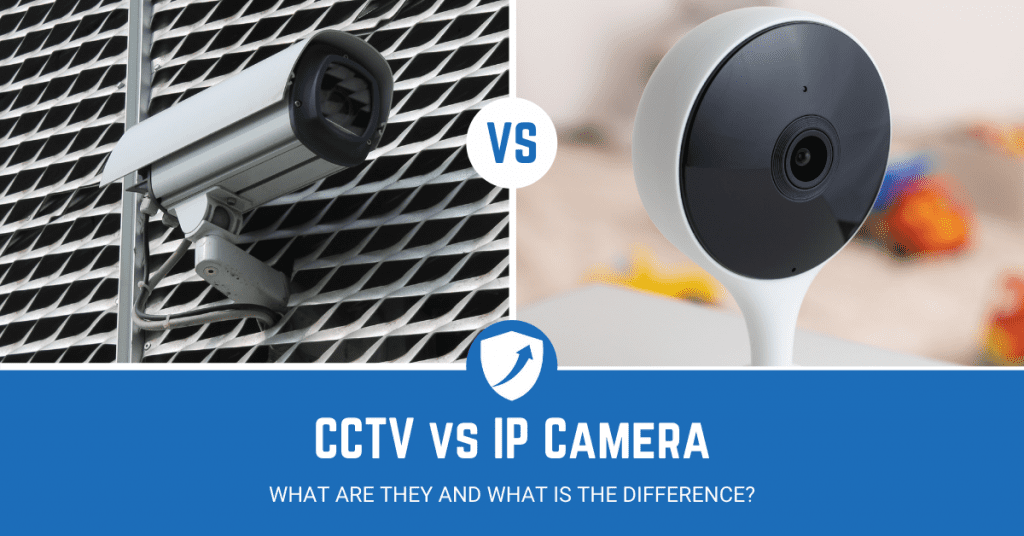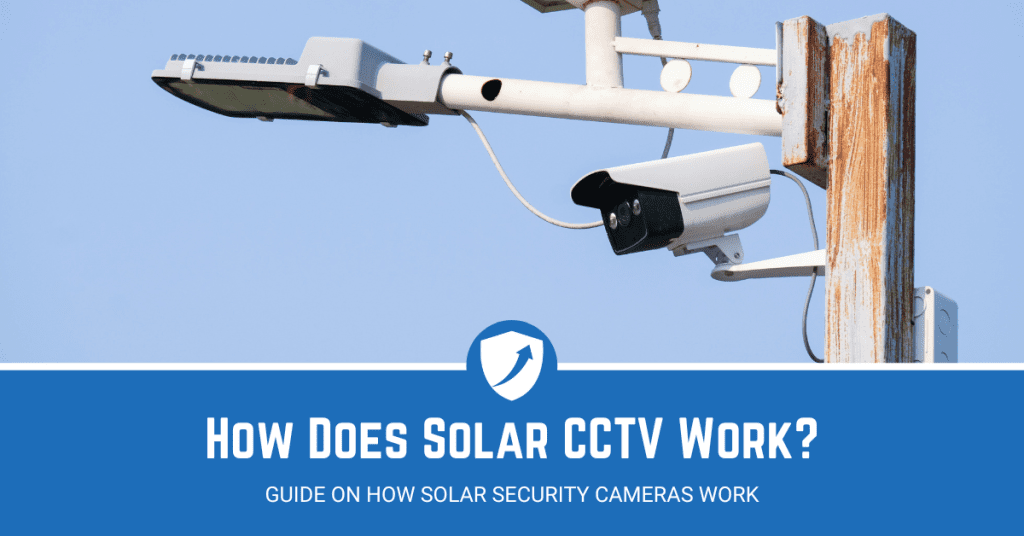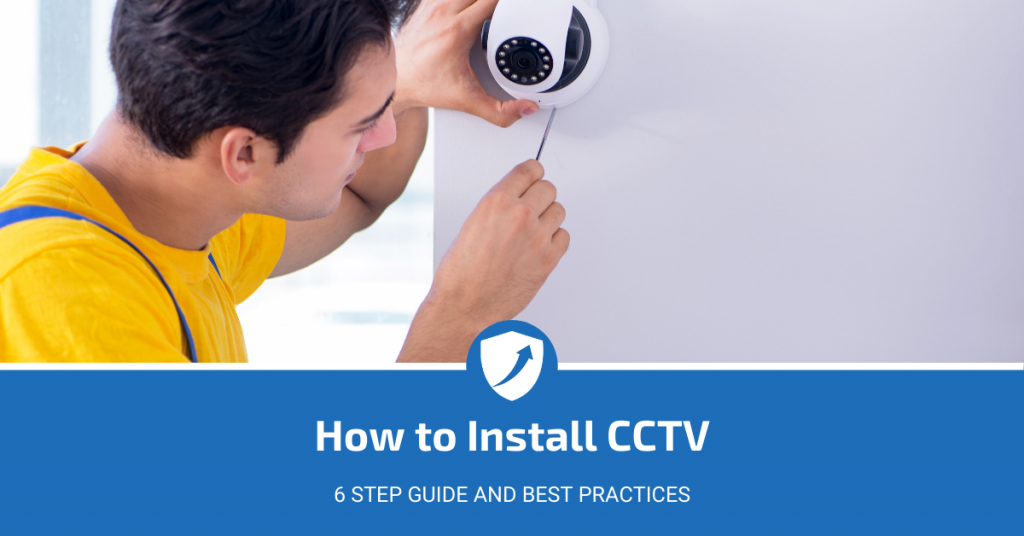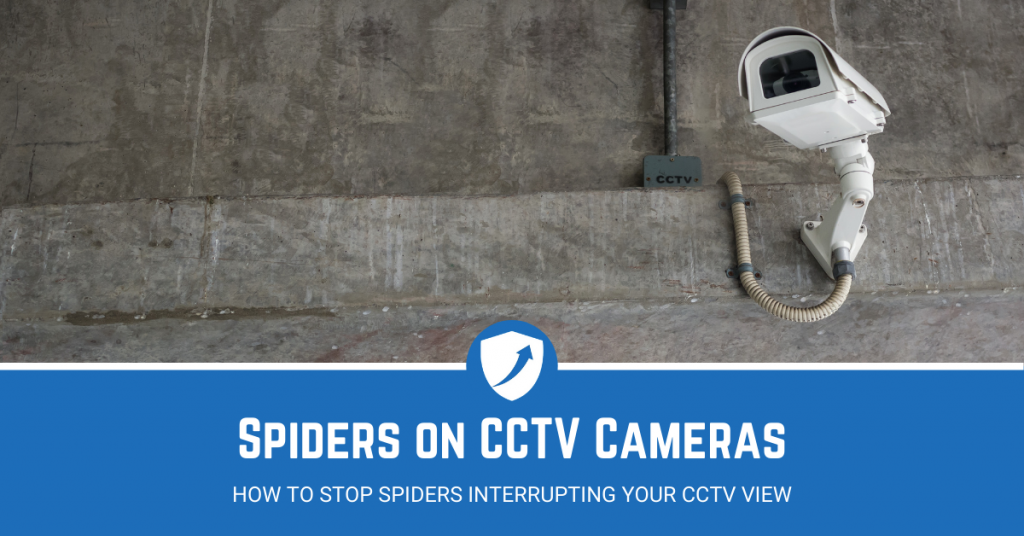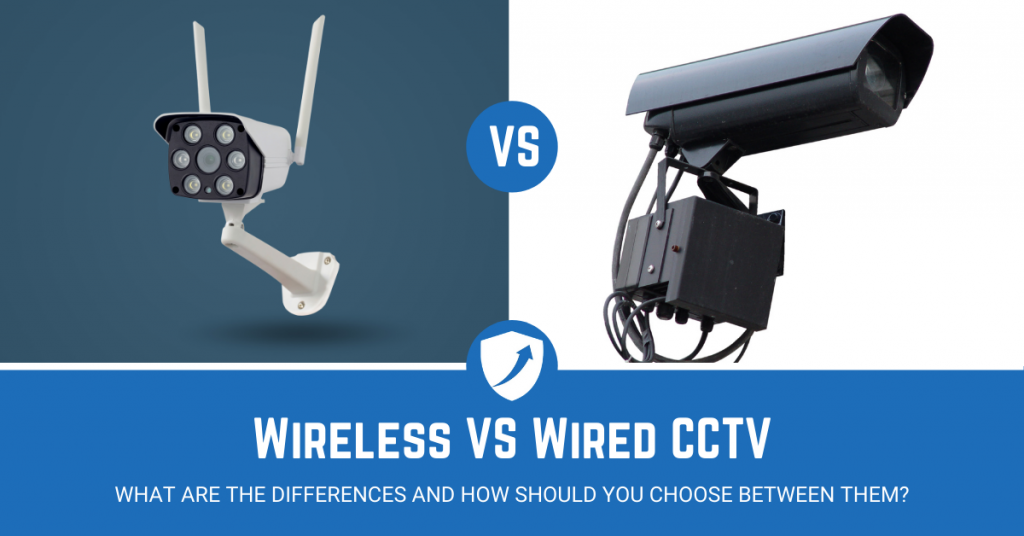In today’s connected world, the security of your home relies heavily on the technology you deploy.
CCTV cameras have become a staple for homeowners who want to keep an eye on their property. However, these devices are not immune to vulnerabilities; they can be susceptible to CCTV hacking.
Given the rise in hacked cameras and incidents involving hacking CCTV, it’s crucial to understand how your CCTV systems can be compromised and what you can do to prevent it.
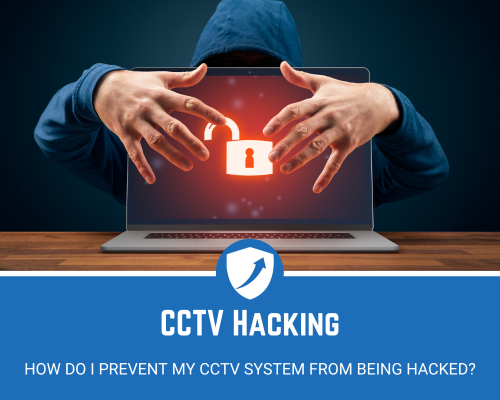
With over 20 years in the security industry, specifically in the UK, we’ve witnessed firsthand the evolution of hacking cameras.
Drawing from experiences of end-users, manufacturers, and a broad network of experts, this article aims to be your ultimate guide to fortifying your CCTV systems.
What's in this Guide?
What are the Risks of CCTV Hacking?
The Landscape of CCTV Camera Hacking
Contrary to popular belief, camera hacking isn’t just an issue for large corporations or government agencies. With the accessibility and affordability of CCTV systems, homeowners have become a target for CCTV camera hackers.
The risks associated with hacked CCTV cameras live are immense. Imagine a stranger watching your family’s daily routine or gaining intelligence to break into your home. This is not fear-mongering but a legitimate security concern that demands immediate attention.
Key Risks of CCTV Hacking
- Privacy Invasion
- Theft of Valuable Information
- Surveillance Abuse
Can Hackers Really Access Your Camera?
This question frequently crosses the minds of homeowners installing CCTV systems. The answer is, unfortunately, yes—can hackers access your camera? Absolutely, if proper security measures are not in place.
Common Methods Used in CCTV Hack
The world of hack into cameras is complex, but a basic understanding can go a long way in prevention. The following are common hacking methods.
IP Camera Hack
IP camera hacking involves gaining unauthorised access to the cameras connected through internet protocols. Hackers exploit security gaps in the camera’s firmware or use brute force attacks to gain control.
Man-in-the-Middle Attack
This method involves intercepting data transmitted between your camera and the server. Cybercriminals often target weak or default passwords to gain access.
Phishing
Hackers use fake login pages to capture your credentials, granting them easy access to your CCTV systems.
List of Common Hacking Methods
- IP Camera Hack
- Man-in-the-Middle Attack
- Phishing
- Brute Force
- Firmware Exploitation
Tips to Secure Your CCTV Cameras
Use Strong, Unique Passwords
The first line of defence against hacking cameras is a strong, unique password. As mundane as it sounds, many people still use default or easy-to-guess passwords, leaving the door wide open for hackers.
Enable Two-Factor Authentication
If your CCTV system provider offers two-factor authentication (2FA), enable it. This adds an additional layer of security, making it harder for hackers to break in.
Update Firmware Regularly
Manufacturers regularly release firmware updates to patch vulnerabilities. Neglecting these updates makes your camera an easier target for IP camera hacking.
Basic Security Measures
| Measure | Description | Level of Security |
|---|---|---|
| Strong Passwords | Use a mix of characters and change regularly | High |
| Two-Factor Authentication | Requires additional verification | Very High |
| Firmware Updates | Keep the camera’s software up-to-date | Moderate to High |
Advanced Precautions for Bulletproof Security
Limiting Camera Access
One effective way to mitigate the risks associated with hacked cameras is to limit who can access your CCTV systems. Restrict administrative privileges to a select few individuals who really need it.
Firewall & Network Security
Your network security plays an instrumental role in preventing hack into cameras scenarios.
Invest in a robust firewall and separate your CCTV cameras from your main network. This ensures that even if hackers penetrate one system, they cannot easily move onto the next.
Data Encryption
Encrypting the data transmitted between your camera and server can significantly reduce the risk of IP camera hacking. Encryption transforms the readable data into a coded form, which is almost impossible for hackers to interpret without a unique key.
Virtual Private Network (VPN)
A Virtual Private Network, or VPN, can provide an additional layer of security. It encrypts your data and routes it through a secure server, making it much more challenging for hackers to intervene.
Advanced Security Measures
| Measure | Description | Level of Security |
|---|---|---|
| Limiting Camera Access | Only allow necessary individuals administrative access | High |
| Firewall & Network Security | Utilize robust firewall and separate networks | Very High |
| Data Encryption | Encrypt data transmitted between camera and server | Very High |
| VPN | Utilize a Virtual Private Network for added security | High |
Regular Monitoring & Audits
It’s not just about setting up security measures; you must also ensure they are effective. Regular audits of your CCTV systems can help you identify any loopholes or vulnerabilities before hackers do.
Perform Security Audits
Conduct comprehensive security audits periodically to assess the robustness of your CCTV systems. Check for outdated firmware, weak passwords, and unnecessary administrative privileges.
Monitor for Unusual Activities
Alerts for unusual activities like sudden, repeated login failures can be red flags. Immediate action is necessary to avoid any hack cctv incidents.
Monitoring and Audits Checklist
| Task | Description | Frequency |
|---|---|---|
| Security Audits | Comprehensive evaluation of security measures | Quarterly |
| Monitoring | Checking for unusual login attempts and other anomalies | Ongoing |
Summing It Up
Your home’s security isn’t something to take lightly. With the prevalence of CCTV hacking, it’s imperative that homeowners take proactive steps to safeguard their surveillance systems.
From strong passwords and firmware updates to advanced measures like data encryption and VPNs, fortifying your CCTV system is a multi-layered task.
Takeaways
- Understand the Risks: Educate yourself on the various methods hackers use.
- Basic Measures: Strong passwords and regular updates are non-negotiable.
- Advanced Measures: Consider employing data encryption and VPNs for added layers of security.
- Regular Monitoring: Stay vigilant and perform regular audits to ensure the effectiveness of your security measures.
With the right strategies and awareness, you can protect yourself from becoming a victim of CCTV hacking. For those interested in exploring quality CCTV options and diving deeper into this topic, we encourage you to read more from Upcoming Security’s extensive library of in-depth CCTV guides.
By implementing these steps, you not only secure your property but also contribute to a safer, more secure community.
Trust in your security setup comes with the peace of mind that you’ve taken every precautionary measure. Stay updated, stay secure.







